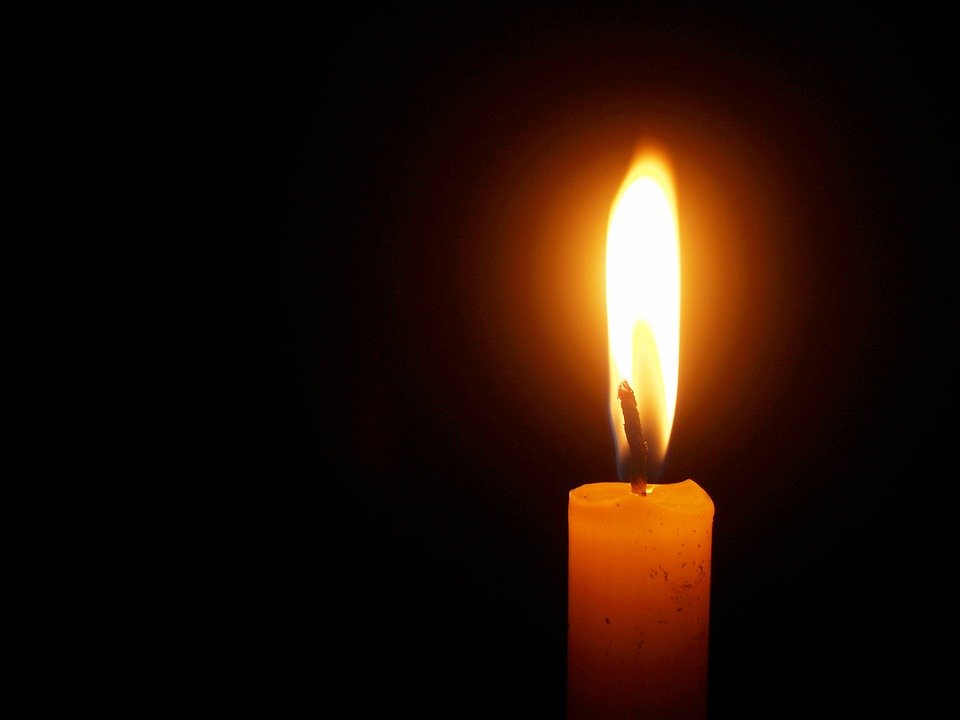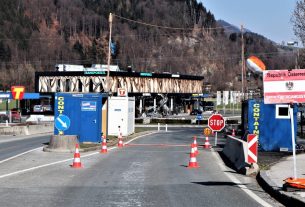Deputy Prime Minister Zsolt Semjén paid tribute to the victims of the 1990 ethnic clashes in Târgu Mureș (Marosvásárhely), in central Romania over the weekend.
In a letter read out at the inauguration of a monument honouring the victims of the clashes in Sângeorgiu de Mureș (Marosszentgyörgy), Semjén said it was thanks to the people of the central Romanian village that a bigger tragedy had been averted. “They were able to help limit the destruction, but instead of thanking them, the authorities at the time retaliated against them, even jailing six people,” the deputy PM in charge of Hungarian communities abroad, church policy and national and ethnic minorities wrote. Three of the anti-Hungarian pogrom’s six local victims were ethnic Hungarians and three of them Roma, Semjén wrote, adding that three were Catholic and three Calvinist. The deputy PM said the monument in the village proved that “Hungarians or Roma, Catholics or Calvinists, we are all human, with a shared fate and shared lives.” “By respecting each other’s faith and identity, we can also have a common future,” Semjén wrote.
On March 19, 1990, a group of Romanian men armed with spears and axes were transported to Târgu Mureș to “protect” the city from ethnic Hungarians. The mob attacked the headquarters of ethnic Hungarian RMDSZ party and brutally beat up several Hungarians, including well-known author András Sütő. The next day, a counter-demonstration of ethnic Hungarians and Roma was organised, which drove the mob out of the city. Five people died in the clashes and 278 were injured. Afterwards, the Romanian authorities only investigated the counter-demonstration, and only pressed charges against Hungarians and Roma, several of whom were sentenced to prison.
Meanwhile, Budapest Mayor Gergely Karácsony has proposed that a square in the city be given the name of Béla Puczi, leader of a group of Roma protecting ethnic Hungarians during the pogrom. Karácsony said on Facebook that the idea had come from several Roma organisations. The mayor said that “when ruling powers seek to divide a country it always leads to terrible acts and ramifications”. “We must learn the lesson of mistakes made in the past through facing those mistakes,” he added.
hungarymatters.hu
pixabay


















